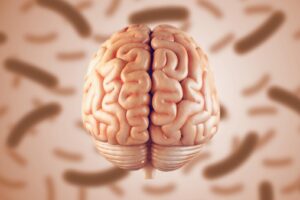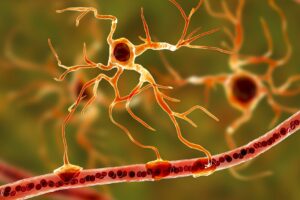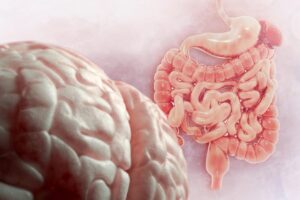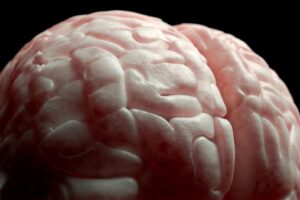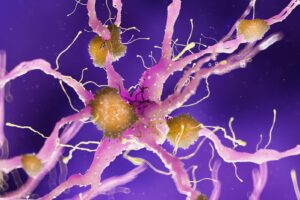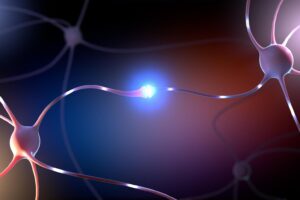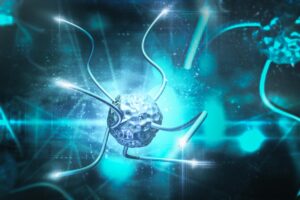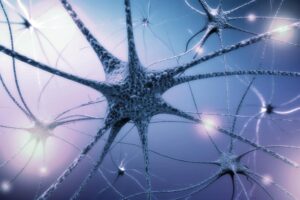Neuroscience
Gastroenterology, Neuroscience
John Cryan at the UCC Ireland and his colleagues reviewed the current knowledge of the influence that gut bacteria have on brain and behavior.
Neuroscience
A new study, published in Nature, shows a functional link between the gut microbiota and amyotrophic lateral sclerosis (ASL).
Gastroenterology, Neuroscience
Scientists at KU Leuven summarized existing data on how SCFAs regulate the gut–brain axis, including the impact on the immune, endocrine and neural systems.
Neuroscience
Specific gut bacteria break down levodopa, which is used to treat Parkinson’s. This could lead to the development of new levodopa therapies.
Neuroscience
A study published in Cell provides further support to the idea that the microbes found in the gut of people with autism could have a role in their symptoms.
Neuroscience
Modulating the gut microbiota may help to ease anxiety, according to a study published in General Psychiatry.
Neuroscience
According to a new study published in The Journal of Experimental Medicine, antibiotic treatment reduces Alzheimer’s disease symptoms.
Neuroscience
According to a recent study, the gut microbiota could determine remittance or pro-inflammatory conditions in multiple sclerosis.
Neuroscience
Intestinal microbiota might be linked to neurodevelopment in early childhood, a new study published in JAMA Network Open finds.
Neuroscience
Some gut bacteria might influence mood and prevent depression, according to a new study published in Nature Biotechnology.
